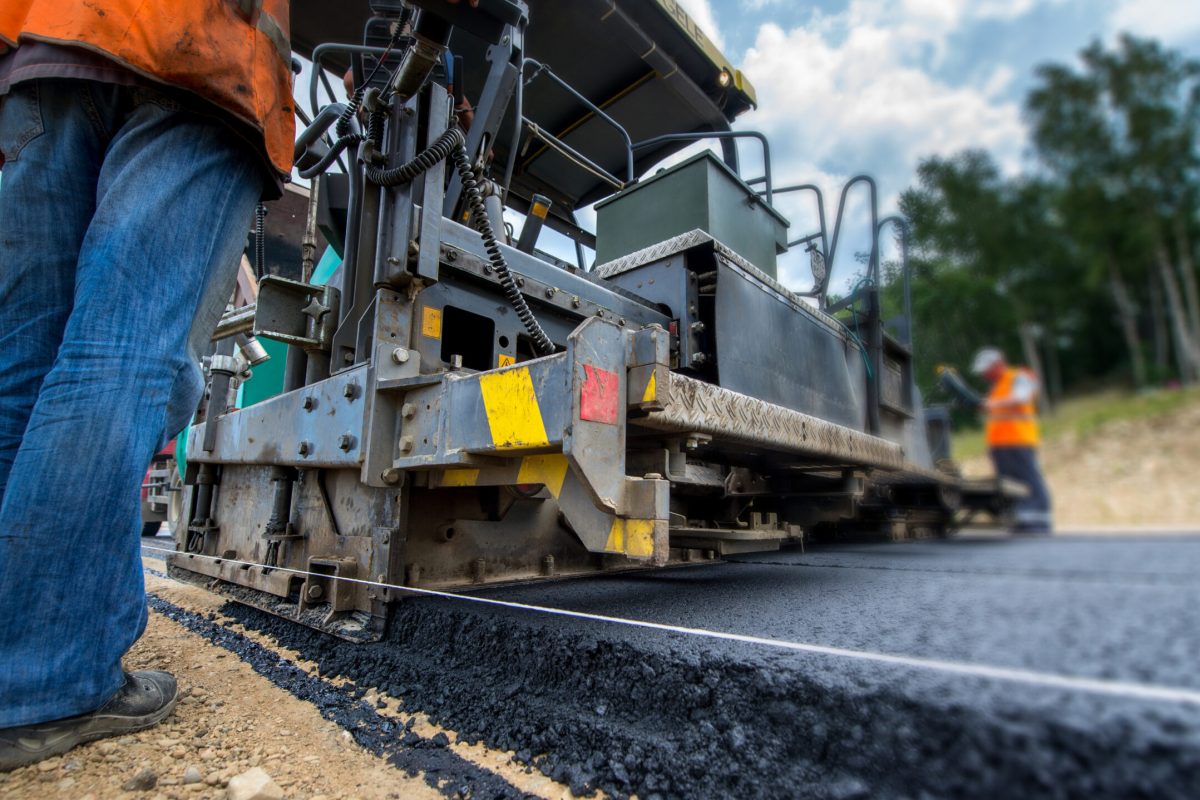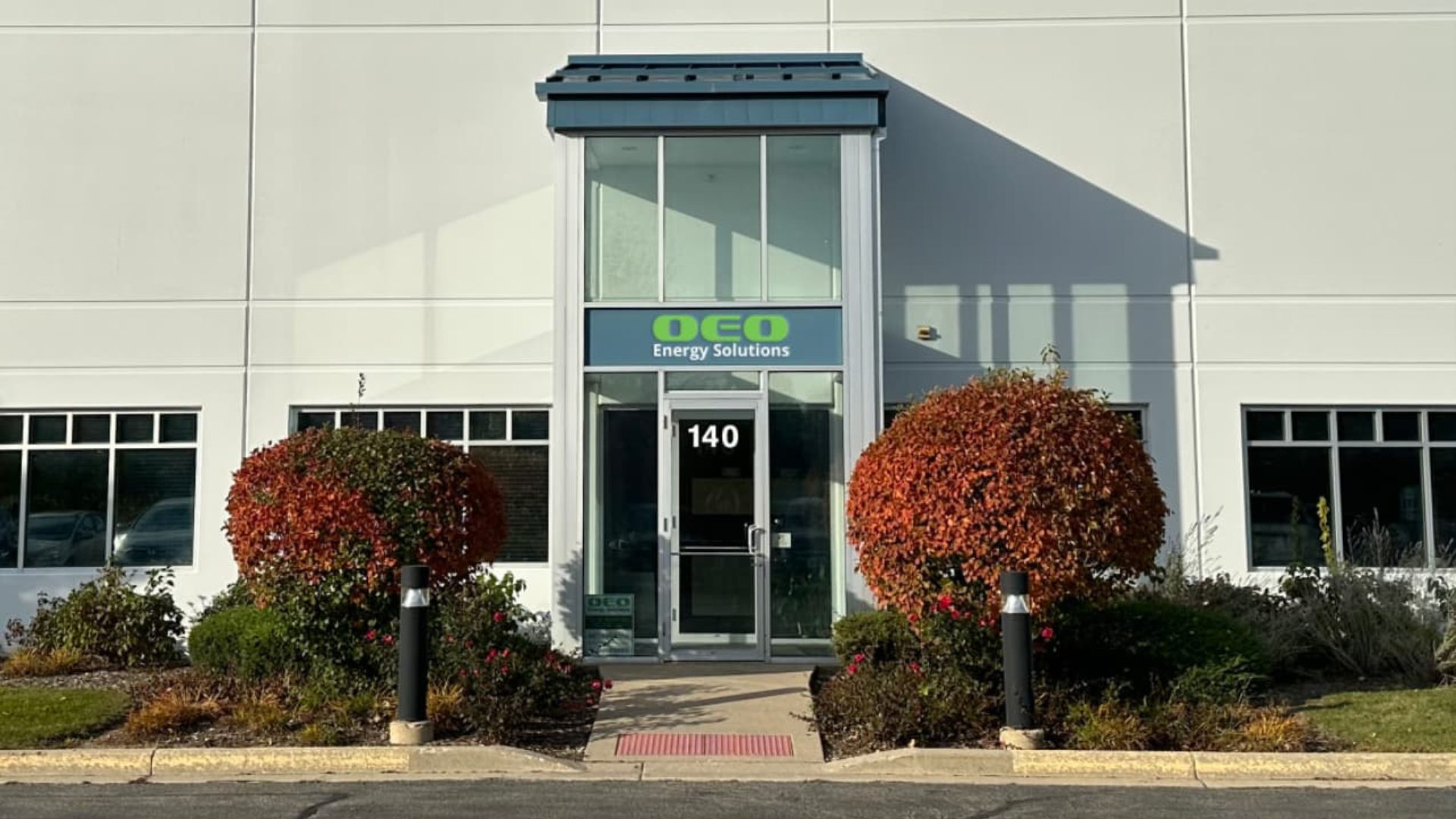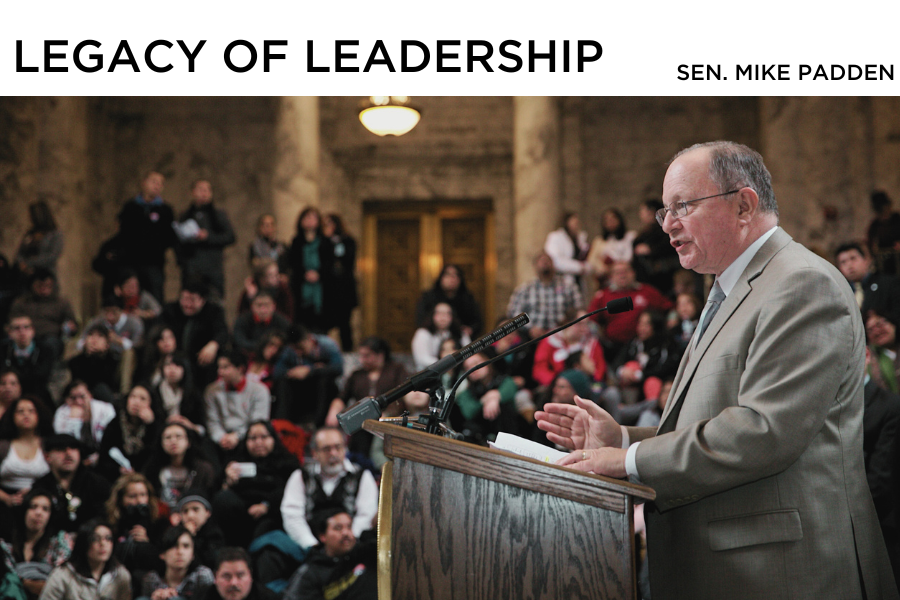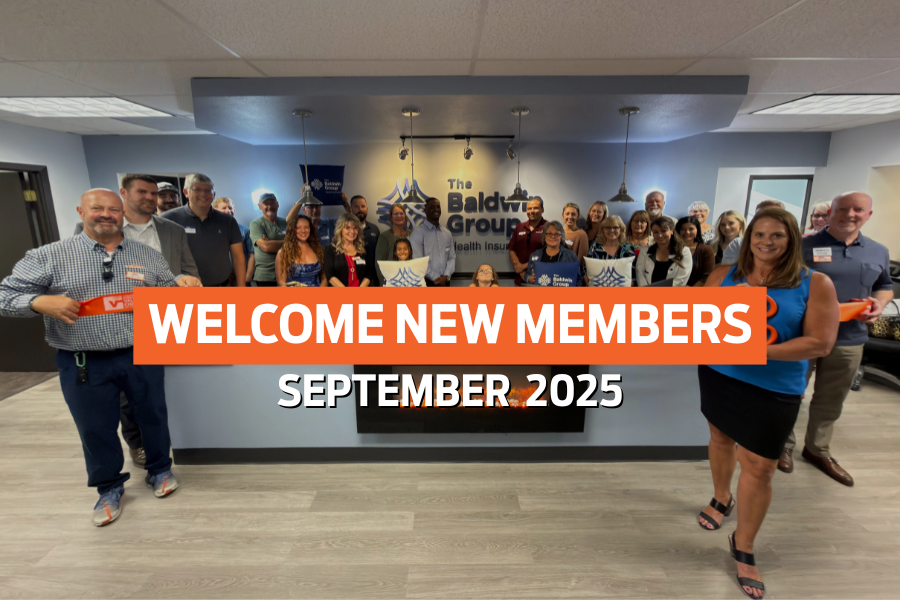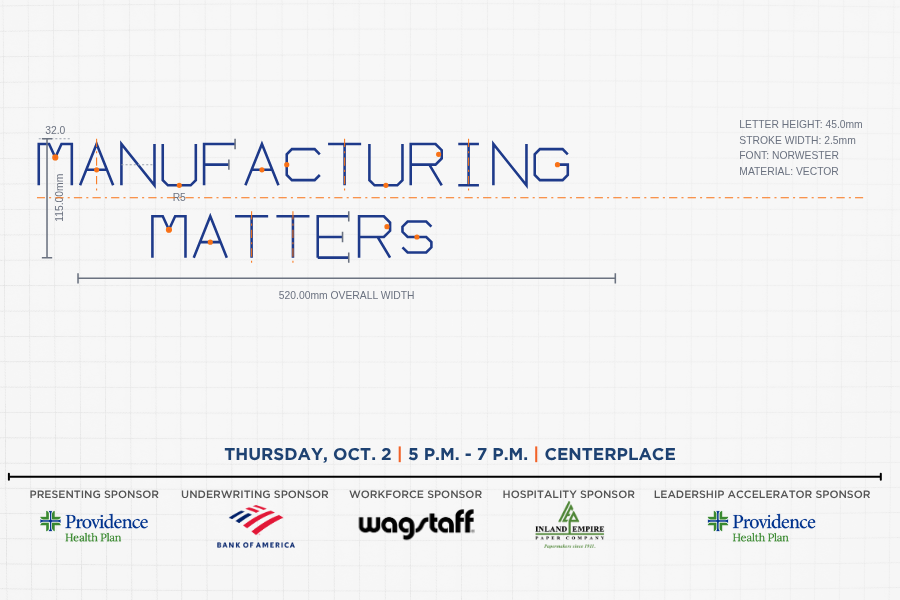This summer marks almost one year since the formation of the Regional Transportation Coalition, a public-private coalition that has been working to shape the future of transportation in the greater Spokane region. The coalition was spearheaded and reinvigorated in August 2019, through the efforts of the Greater Spokane Valley Chamber of Commerce, the Inland Northwest Associated General Contractors, and the Spokane Regional Transportation Council. Greater Spokane Valley Chamber president and CEO Lance Beck says the Chamber’s goal in starting the coalition was to organize these groups, convening their diverse interests into one conversation about how each could work together to connect their communities. “The coalition’s purpose was to bring together private business, public agencies, and elected officials to discuss transportation issues in our region, and it became active for the first time since the last push for the North-South Corridor was happening,” he says. Sabrina Minshall, executive director for the SRTC, says her agency was eager to be involved, particularly as it had been years since such a coalition had worked together on transportation funding and advocacy issues. “We wanted to be able to share in discussions of the needs in our communities, find ways to make the system more efficient, and address the role of transportation in economic development,” she says. “It was about coming together with one strong message and mission that included the combined efforts of our agencies.” Minshall says the SRTC, which represents public agencies like the major cities in Spokane County, Spokane County, Spokane International Airport, Washington State Department of Transportation, Spokane Transit Authority, and many others, have been able to provide the group with valuable data on various projects and legislation, which has helped them to make more informed decisions. “Because we represent the public side, SRTC knows details of projects, and has access to tons of data, analysis, and experts,” she says. “Our team used this opportunity to help illustrate very technical information to less technical audiences, as well as connecting transportation issues to economic issues.” Cheryl Stewart is the Executive Director of the Inland Northwest AGC, a trade association that represents private-sector commercial contractors throughout eastern Washington and northern Idaho. “We are the voice of the construction industry and advocate on behalf of our members,” she says. “We’ve been involved with the funding and construction of transportation projects since our beginnings almost 100 years ago, so it was definitely important to us to be part of the Transportation Coalition.” Stewart says the association previously helped lead an earlier iteration of the coalition, Keep Spokane Moving, to organize support and funding for the North-South Corridor project. “We have lots of experience in working with legislators at the national, state, and local level, to put together transportation funding for projects,” she says. “That experience is part of what we’re able to bring to the Coalition’s table.” Interestingly, one of the first issues the coalition focused on after its formation was I-976, a state initiative that places limits on motor vehicle taxes and fees. With concern for how the car tab cap could impact transportation funding for current and future projects, the group set out to establish a position on the issue and work together toward advocacy. “The coalition was opposed to the passage of I-976, as the funding gap would further strain our system if it passed,” says Beck. “We worked to provide a joint opposition letter and actively endorse and message the “No” campaign in an attempt to educate the voters in Spokane County.” Minshall says data played a significant part in the coalition’s decision to oppose the initiative. “From a data perspective we determined the resulting loss of revenues would negatively impact the completion of needed projects,” she says. “Projects which were also linked to the region’s economic development.” Although I-976 did pass, afterward various cities, counties, and transit agencies sued the state arguing that the initiative violates the state constitution. While the issue continues to linger in the courts, funding for new projects has been delayed, and organizations like WSDOT have switched their approach to prioritize maintenance and preservation projects instead. As a result, Minshall says the coalition is also shifting its focus to strategize for ways to keep new projects moving forward and advocating for the completion of projects that address the needs of Spokane communities. “Our concern is this state of limbo we find ourselves in, with many projects, both large and small on hold,” she says. “Additionally, we’re seeing decreases in gas tax revenue and other state revenues due to the COVID-19 health crisis, so transportation revenues have been hit doubly hard.” Beck and Minshall say the coalition also anticipates both state and local governments will face a budget a crisis this year that could result in even more cuts to transportation funding. “We don’t have any real solutions yet but some of the low-level conversations we’ve started are about how we can prepare for that shortage,” Minshall says. “We’re looking at how we can be as efficient as possible with funding and get as much out of the system as we can.” Currently, the coalition meets once a month to talk about transportation issues, ongoing and upcoming projects, and their impacts, as well as advocacy strategies. Beck says he has been pleased to see how well the coalition’s various public and private groups have been able to work together. “We’re not duplicating each other’s work, rather we understand what each group does well, send them to do it, then come back and talk about it together,” he says. “As an organization focus on driving collaboration, I believe that including other perspectives always helps us to do a better job, so it’s great to see this approach working well.” Minshall says SRTC’s involvement with the coalition may also have influenced its decision to bring back its own private sector advisory committee, known as TAC. “I can’t speak for anyone else, but I believe our experiences with the coalition encouraged conversation and reinforced the importance of having multiple voices at the table,” she says. “I think that with tighter funding we’ll need to do even more cross-sector work, but the beauty of this community is that we’ve already figured out how to do that really well.” Stewart agrees that it is important for discussions about transportation to include diverse voices, both now and in the future. “It’s important to understand that no one industry can get it done alone,” she says. “And looking ahead, as we face upcoming challenges with funding, we’ll continue to need everyone’s insights and experiences in order to determine how best to use our limited resources.”


